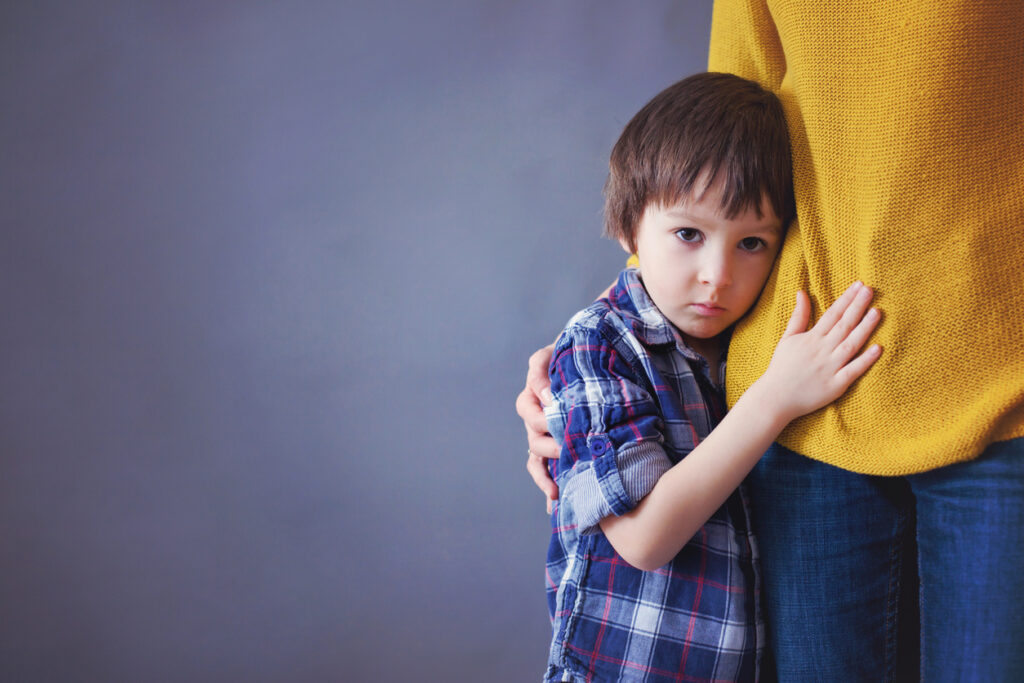
Helping Your Children Through the Difficult Times in Divorce
 When you are going through divorce, one of the main aspects you want to consider is how you can reduce conflict throughout the process. Reducing conflict is one of the most peaceful ways for you to move forward in the divorce process and minimize the drama, as well as work toward the best results in your case. Any attorney will tell you that communication will help you settle most matters in your divorce, especially when it comes time to divide assets and work toward the best plan for your children. But what about your children and the adverse effects they could be experiencing through divorce?
When you are going through divorce, one of the main aspects you want to consider is how you can reduce conflict throughout the process. Reducing conflict is one of the most peaceful ways for you to move forward in the divorce process and minimize the drama, as well as work toward the best results in your case. Any attorney will tell you that communication will help you settle most matters in your divorce, especially when it comes time to divide assets and work toward the best plan for your children. But what about your children and the adverse effects they could be experiencing through divorce?
The Stress of Divorce on Children
Every year, thousands of children experience the stress of divorce. Sometimes, children will feel a range of emotions, such as shock, sadness, frustration, anger, and even anxiety. However, with the right tools and parents willing to work with their children, they will end up getting through the divorce and be able to cope with stress and become more flexible when it comes to their parent’s schedules as well as understanding level. Parents can help ensure that their children are learning valuable lessons throughout divorce and stay involved in their lives by keeping visible conflict at an all-time low, minimizing disruptions in the children’s lives, and allowing each parent to have a role in the child’s life.
However, that doesn’t mean that you should ignore issues boiling under the surface. There are signs that your children may need professional, individualized help if the divorce isn’t working for them. It is not unheard of for children to feel angry, grief-stricken, and betrayed by their parents after a divorce announcement. Here are some ways to tell that your child may benefit from therapy while you go through divorce:
- Your child isn’t able to function because of the divorce.
- Your child’s symptoms interfere with the function of your family.
- Others have said that they are concerned about your child.
- Your child is having problems eating and sleeping with no other medical basis.
- They are in a sad or melancholy mood that tends to persist.
- They have a newly found disinterest in friends and family.
- They have engaged in excessive lying, stealing, or other bad behavior.
You have to understand that you are not the only one going through the adverse effects of divorce. Luckily, we can help you understand the many aspects of your divorce and where to turn for help. Call us today at The Law Office of Soheila Azizi for more info on how we can help.
